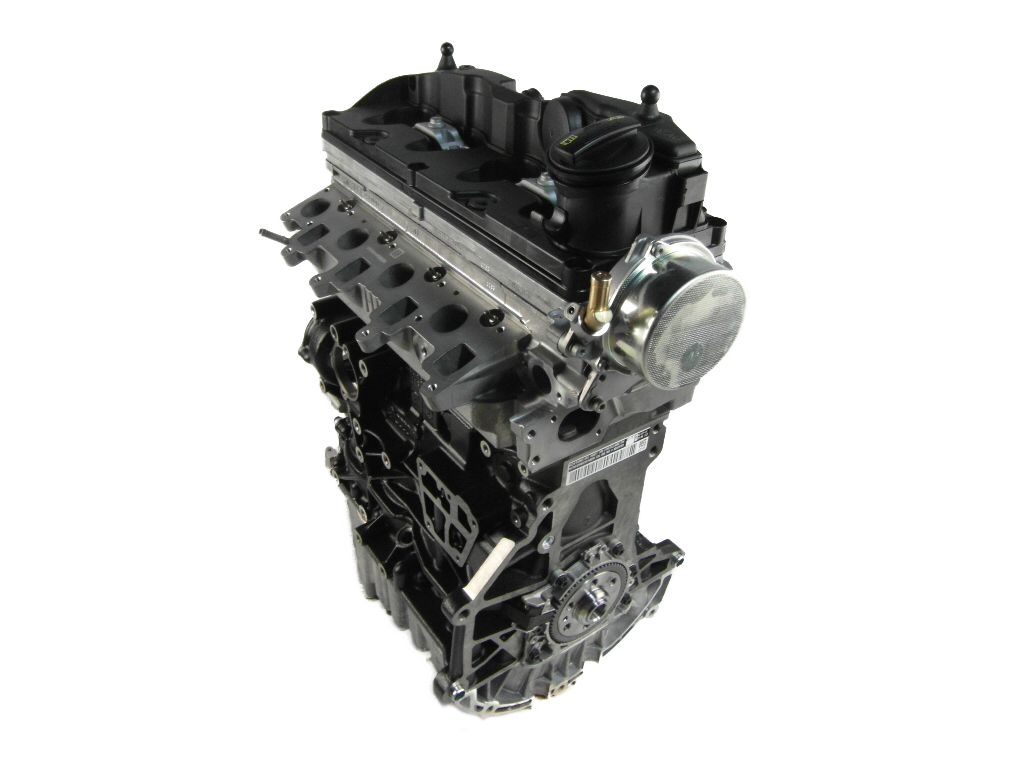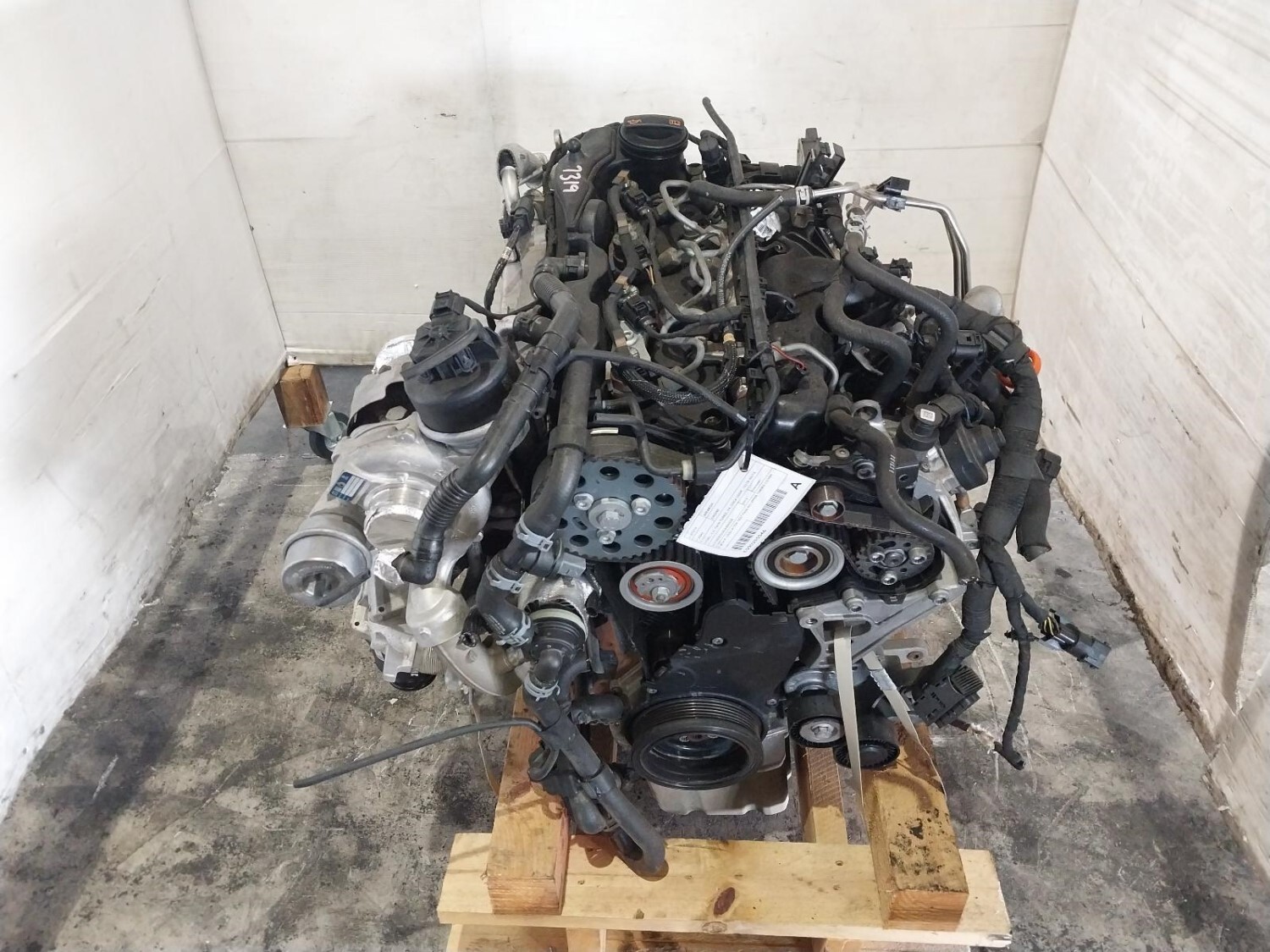High Quality Amarok Engine for Sale-- Look Into Our Exclusive Variety and Offers
High Quality Amarok Engine for Sale-- Look Into Our Exclusive Variety and Offers
Blog Article
Important Considerations and Tips for Picking the Right Engine for Your Demands
Picking the right engine is a complex decision that calls for careful consideration of various factors to make certain optimum efficiency for your particular needs. The ins and outs of engine choice extend beyond these basics, prompting a more detailed assessment of vital elements that can inevitably affect your complete satisfaction and success.
Determine Your Objective
Identifying your purpose is an essential first action in choosing the appropriate engine for your requirements. Understanding the details application you have in mind will certainly assist your decision-making process and make certain that you choose an engine that straightens with your operational demands. Whether you require an engine for an industrial vehicle, industrial equipment, or a recreational job, each scenario needs various performance features and capacities.
Think about the atmosphere in which the engine will certainly operate. Will it go through hefty loads, extreme temperature levels, or extended use? Examining these variables will assist you recognize the needed power output, gas performance, and resilience required to satisfy your goals.
Additionally, think concerning the lasting effects of your choice. Spending plan constraints, upkeep demands, and availability of components are essential considerations that will impact your general satisfaction and operational efficiency.
Eventually, articulating your function will improve the choice procedure and empower you to make an informed choice. By plainly defining your goals, you can assess potential engines more efficiently and choose one that not just fulfills your present requirements but also sustains your future objectives.
Evaluate Engine Specs
Once you have actually clearly expressed your objective, the next step is to examine engine specs. This process involves a detailed assessment of numerous technological details that can considerably affect performance and viability for your planned usage.
Begin by analyzing the engine's horse power and torque scores. Horsepower is critical for establishing the engine's capacity to carry out work, while torque is vital for understanding exactly how well it can handle hefty loads or acceleration. In addition, take into consideration the engine variation, as it frequently correlates with power outcome and efficiency.
Following, take a look at the engine typeâEUR" whether it is a fuel, diesel, or alternative fuel engineâEUR" as each kind has distinct qualities and applications. Take note of the engine's arrangement (e.g., inline, V-type), as this can impact size, weight, and total performance.
One more essential facet is the engine's air conditioning system, which can influence integrity and upkeep requirements. Lastly, review the manufacturer's reputation and service warranty offerings, as these can give understandings right into long-lasting performance and assistance. Thoroughly evaluating these specifications will certainly help guarantee that you pick an engine that aligns with your certain demands and operational goals.
Think About Gas Performance
Fuel effectiveness is an essential aspect to take into consideration when selecting an engine, as it directly influences operational costs and environmental sustainability. An engine's fuel performance is commonly gauged in miles per gallon (MPG) for vehicles or in specific fuel consumption (SFC) for aircraft and marine engines. Greater fuel performance not only minimizes the amount of gas consumed but also lessens greenhouse gas exhausts, making it a responsible choice for eco-conscious consumers.
When assessing engine options, it is essential to assess the driving problems and intended usage. Engines maximized for highway driving might show better fuel efficiency contrasted to those created for stop-and-go website traffic. Additionally, take into consideration the engine's technology, such as turbocharging or crossbreed systems, which can substantially enhance fuel effectiveness.

Assess Upkeep Demands

Some engines might need more frequent oil changes, filter substitutes, or specialized maintenance, which can impact your functional downtime. Engines with prevalent popularity normally have much better components accessibility, lowering lead times during repair services.
Another essential element is the technical expertise required for upkeep. Some engines may demand customized training for specialists, which might restrict your alternatives for provider. Moreover, analyze whether the engine's design permits easy access to components frequently needing maintenance, as this can considerably influence labor prices.
Budget Your Financial Investment
Comprehending upkeep demands is simply one aspect of choosing the best engine; monetary considerations go to these guys play a similarly crucial duty (amarok engine for sale). Developing a clear budget is vital, as it affects not only the initial purchase rate yet also lasting operational costs
When budgeting, consider both the ahead of time prices and continuous expenditures such as fuel effectiveness, upkeep, and prospective repair work. A relatively cost effective engine may sustain higher prices gradually as a result of poor fuel economic climate or regular maintenance demands. Additionally, examine the schedule and expense of spare parts, in addition to the guarantees offered by manufacturers, which can offer economic security versus unforeseen expenses.
It is additionally smart to consider prospective funding alternatives or renting arrangements, which could reduce instant economic burdens. Balance your need for my review here sophisticated attributes with your budget plan constraints, ensuring that you purchase an engine that satisfies your efficiency needs without compromising financial stability.
Inevitably, an all-round spending plan will certainly empower you to make informed decisions, aligning your engine option with both your economic abilities and operational demands, resulting in an extra lasting investment over time.

Final Thought
Finally, picking the appropriate engine necessitates a comprehensive understanding of details needs and applications. Mindful examination of engine requirements, fuel efficiency, and upkeep demands is essential for notified decision-making. Furthermore, establishing a detailed budget plan ensures that both first and continuous costs are manageable. By sticking to these factors to consider, individuals and organizations can make a sustainable investment that lines up with their functional goals and efficiency expectations, eventually boosting total effectiveness and performance.
Gas efficiency is an important factor to take into consideration when choosing an engine, as it straight affects functional expenses and ecological sustainability. An engine's fuel performance is usually gauged in miles per gallon (MPG) for automobiles or in click here to read specific fuel consumption (SFC) for airplane and marine engines. Diesel engines usually offer much better gas performance than fuel engines. Ultimately, choosing an engine with a solid focus on fuel performance can lead to significant long-lasting cost savings and contribute positively to environmental efforts. Cautious analysis of engine specs, fuel effectiveness, and upkeep requirements is necessary for educated decision-making.
Report this page